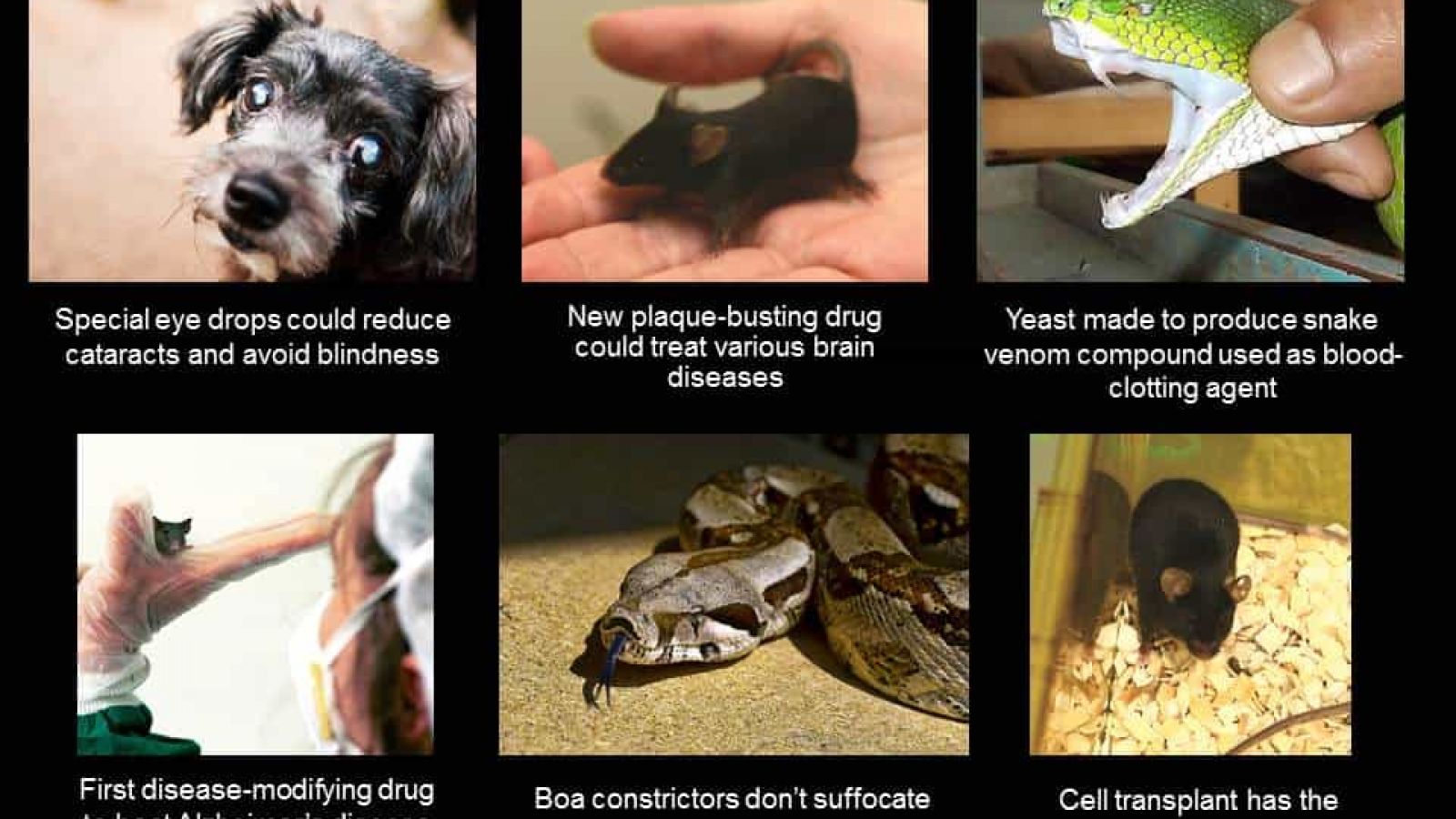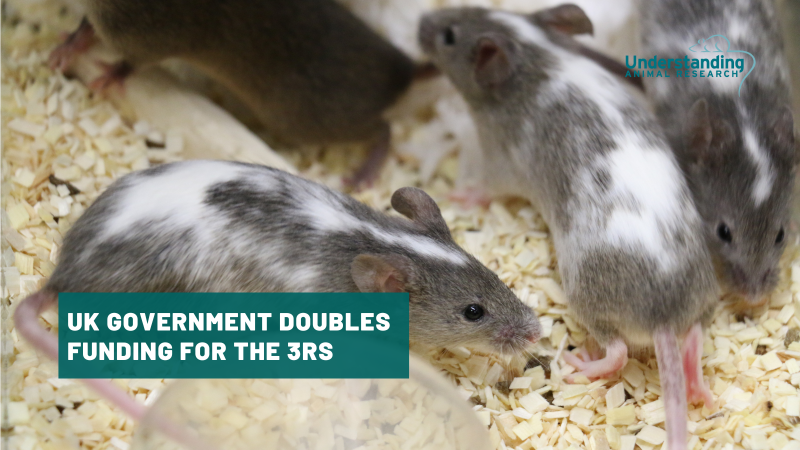20/07/15
A new drug for neurodegenerative diseases like Alzheimer's and Parkinson's is showing promise in mice. The drug shows the ability to break up the many types of plaques, which are hallmarks of several diseases. It does so by targeting the kinks found in the misfolded plaques common to Alzheimer's, Parkinson's and CJD patients.
Simon Ridley, head of Alzheimer’s Research UK. says:
“It’s too early to conclude that the cognitive improvements in mice will have relevance for those living with dementia, but as the condition poses our biggest medical challenge, testing new approaches is vital in the hunt for better treatments>"
https://www.newscientist.com/…/dn27921-universal-plaque-bu…/
21/07/15
Snake venom and yeast, not the most obvious of medicines. Researchers have found that by combining the genes from the venom of a pit viper with the yeast Pichia pastoris, they were able to create an effective blood-clotting agent.
"if they are able to iron out the wrinkles of the large-scale yeast production process, the researchers could create as much of the protein each year as would otherwise be made by killing 15,000 snakes."
http://www.popsci.com/snake-genes-yeast-make-medicine-fight…
Original Paper: http://www.nature.com/articles/srep11730
22/07/15
A new drug could possibly slow down Alzheimer’s. The solanezumab drug, tested in mice can cut the rate of dementia’s progression by about a third. The drug keeps the dying cells of the brain alive and attacks the amyloid plaques that accumulate in the brain and damage the neurons. Current medication can only manage the symptoms of dementia by helping the dying brain cells function.
Dr Eric Siemers, from the Lilly Research Laboratories, in Indiana says "We think there is a chance that solanezumab will be the first disease-modifying medication to be available."
http://www.bbc.co.uk/news/health-33617141
23/07/15
Eye drops that reduce cataracts have been developed using dogs and rabbits. Scientists have identified a compound – lanosterol, the main molecule in steroids - that reduces the clouding that appears over the eye when a cataract develops. The lanosterol eye drops improved vision within 6 weeks of elderly dogs and rabbits. Cataracts are the world’s main cause of blindness and affect the vision of more than half of elderly people and there are currently no medications to prevent or reverse them. The drops could be available within 5 years and would replace complicated surgery for patients losing their vision.
http://www.telegraph.co.uk/…/Eye-drops-that-reduce-cataract…
Cell transplant has the potential to completely ‘regenerate’ liver. A study published in Nature Cell Biology showed severely damaged organs in mice could be restored to near-normal function. The main type of cell in the liver is able to restore the organ. These findings could eventually help people stuck on the waiting list for a transplant – further tests are now taking place with human tissue.
One of the researchers, Prof Stuart Forbes, said: "The big aim would be to develop a clinically applicable cell therapy for patients with severe liver failure where transplantation is not an option."
http://www.bbc.co.uk/news/health-33610569
24/07/15
Boa constrictors don’t suffocate their victims, they stop their blood flow. Researchers tool measurements – blood pressure, heart activity – from the victims of Boa constrictors and showed that the lethal grip restricts blood flow severely enough to cut off oxygen supply to vital organs. This ‘circulatory arrest’ is a much more efficient, rapid and definite way of finishing off prey than expected. Restricting blood flow to the brain would make a rodent pass out within seconds. This research could reveal useful details about how crush injuries cause complex tissue damage in humans.
http://www.bbc.co.uk/news/science-environment-33625080
Last edited: 9 March 2022 12:23




